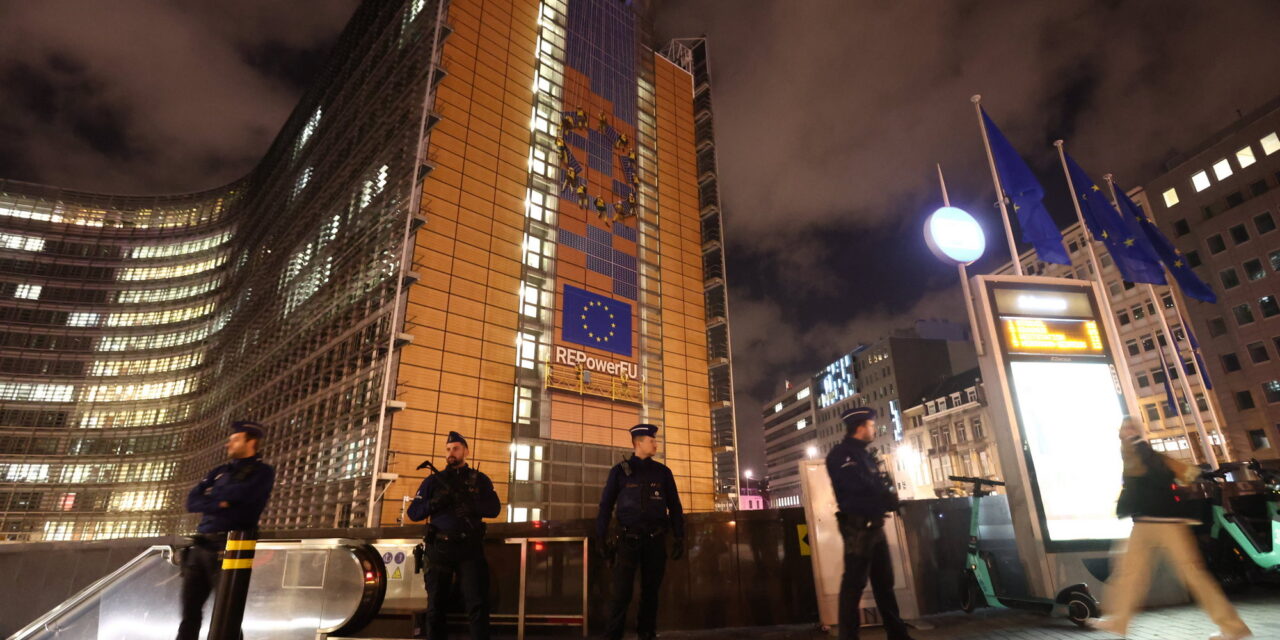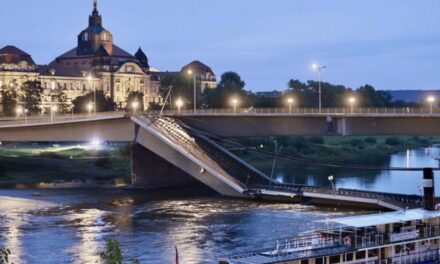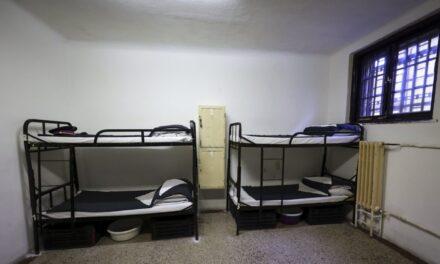Laws and written rules do not matter, economic and especially political and geopolitical interests override everything. Written by Károly Lóránt.
Hungary lies on a geopolitical fault line, this becomes clear if one reads geopolitical writings, in which the lines dividing the world into interest zones somehow always pass through Hungary. But this was already the case in ancient times, since the Roman limes was the line of the Danube, so it exactly bisected today's Hungary, and the conquest could also be successful because the area of the Carpathian basin was the area of the then larger empires, the German-Frankish Empire, It lay on the borders of Bulgaria and Moravia.
This intermediate position was very good as long as Hungary was a strong middle or even great power in Europe.
If someone looks at the changes in the political map of Europe in the last thousand years, they will see that for half a millennium everything is swirling around us, only Hungary stands like the pegs in the middle of the map. Unfortunately, however, ever since we lost our independence, we have been fighting some sort of freedom struggle every century, following the unprecedented judgment of the European Court of Justice, Alan Sked has just written a eulogy recalling the Hungarian freedom struggles in the English newspaper The Telegraph.
Alan Sked, Emeritus Professor of International History at the London School of Economics, was the founder of the UK Independence Party, whose activities led Britain to leave the European Union. The party's member of the European Parliament, Nigel Farage, who is also widely known in our country due to his combative and colorful speeches, encouraged Viktor Orbán enough for Hungary to follow their example.
However, it was not easy for the British to leave either, and Sked thanks God in his article "The Empire Demands Another Victim" in view of Hungary's severe punishment for restricting illegal migration.
If it was difficult for the British, it would be even more bitter for us to leave, since we do not have nearly as much economic and political weight as they do. However, you can and should think about it.
When we voted on joining the EU, I voted against it, because I believed that the countries undergoing system change should first learn among themselves what capitalism is, strengthen themselves economically, and then approach the Western economic alliance cautiously, protecting our interests .
Instead, abandoning almost all economic considerations and competing with each other, we hurried to become members as soon as possible.
The Copenhagen criteria governing accession included a point that the joining countries must be competitive on the EU market. It was quite obvious that no one fulfilled this condition. At the beginning of my work in Brussels (between 2003 and 2009 I was an expert for a Danish representative), I met a committee expert who wrote the compliance reports from Hungary. I raised this issue with him and he shrugged and said that we claim to be competitive.
From this answer, I realized at the very beginning of my work as a parliamentary expert that laws and written rules do not matter, that economic and especially political and geopolitical interests override everything, and this insight has only strengthened since then.
Those who are needed by the Western elite from an economic or geopolitical point of view are admitted to the union. Turkey has been considered for almost forty years, but Ukraine is considered suitable for membership.
In the given situation, it was a good idea to create the Visegrád Cooperation to protect specific Central and Eastern European interests, but NATO's eastern push and the enthusiastic joining of the Poles called this cooperation into question. It is difficult to judge at this moment, but history will decide how meaningful is the goal of defeating Russia and Ukraine's NATO membership, which was decided at the 2008 NATO summit in Bucharest under Polish pressure, despite the opposition of the six states that founded the European Economic Community and Hungary .
It might have been better if the Poles had prioritized the implementation of Marshal Józef Piłsudski's vision of three seas, to which Ukraine could also join (as Piłsudski envisioned), and the Russians would have accepted it.
For the Russians, only Ukraine's NATO membership is unacceptable, that's why they started the war when they ran out of political arguments.
Let's remember that at the time of German reunification, America promised Gorbachev that if a united Germany could remain a member of NATO, NATO would not expand an inch to the east. Since then, however, it has been expanding continuously, and they are already finding enemies in the Far East: "The declared aspirations and coercive policies of the People's Republic of China (PRC) cast doubt on our interests, security and values," says the North Atlantic Treaty Organization, which was originally established against Soviet expansion in 2022- es strategic concept.
It is true that in 2016, on Polish initiative, 12 Central and Eastern European countries signed an agreement called the Three Seas Initiative, mainly for economic purposes, but this is not what Marshal Piłsudski had in mind, it does not ensure a Central European country relatively independent from Western and Eastern influence. the creation of a force field, which was the original purpose of the intermarium.
Hungary's central location in Europe would predestinate the country to be a mediator between the East and the West, on the other hand, since the dissolution of the Austro-Hungarian Monarchy, we have been the border region of the Western and Eastern military camps, and now we have a good chance again that the instead of playing a mediating role, let's move to the periphery. Hungarian economic policy cannot pursue illusions, the emerging situation must be taken into account and the previous economic policy, which exposes Hungary too much to external forces, must be reconsidered.
Thus, for example, it would be very important to strengthen internal production verticals. We are self-sufficient in food and even produce for export, which is, however, called into question by the EU's Ukraine policy.
However, this is not only a Hungarian problem, farmers are protesting in almost every country of the EU against the direction of Brussels' foreign policy, which is destroying EU agriculture.
We also have water, which seems to be becoming more and more important, and now we can really regret that the half-built Bős-Nagymaros barrage was demolished for political reasons. This facility would have been needed not only for energy production, but also for shipping, water management and energy storage reasons.
But the Dunasaurusz also fell victim to the de-Stalinization zeal, which wanted to erase the past, as did the entire Hungarian industry, together with its network of researchers.
We sold off our energy supply, along with other infrastructure facilities, and now the current government is painstakingly trying to get them back one by one. We are now really seeing the damage of selling out, when, for example, almost a third of our electricity needs must be imported, even though it is an economic policy rule of thumb that the necessary electricity must be produced within the country.
Otherwise, based on the uranium ore available to the country and the nuclear technical knowledge we have already acquired, we could be completely independent in terms of energy supply. What John Maynard Keynes said during the great economic crisis of the last century is especially true for Hungary, that every country should produce its own basic needs.
If we become independent in this way and can get rid of external debt, which is not impossible, then they will not be able to control us from Brussels as they are currently doing, and we will not need Western technology either, which was the main argument of the supporters of excessive economic opening at the time, because the main direction of development has already shifted to the East.
I don't want to say that the exit of Hungary from the Union, a Huxit, is a realistic alternative today, but that we have to prepare for it to be a realistic alternative, and if we are prepared for it, we can even stay.
The author is an economist and a consultant to the National Forum
Cover photo: Armed police officers secure the scene at the Schuman Square metro station in Brussels
Source: MTI/EPA/Stephanie Lecocq













